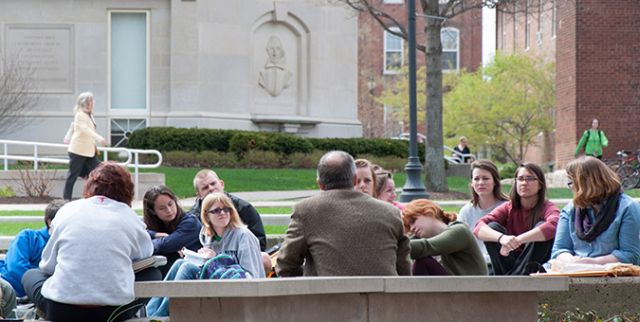
Philosophy Faculty Publications
Our Blood: Andrea Dworkin on Race, Privilege, and Women’s Common Condition
Document Type
Article
Publication Date
8-2016
Publication Source
Women's Studies International Forum
Abstract
In this article, I make some initial moves toward addressing questions such as:
- In what specific or distinctive ways do radical feminists talk about race and racism?
- What are the strengths, as well as any pitfalls, in these ways of talking about it?
- Does radical feminists' emphasis on the commonality of women's oppression incline us to erase, downplay or, as Audre Lorde (1984b) famously warned an audience at a feminist conference (p. 111), merely tolerate racial and other forms of difference among women?
I take as my main source the work of Andrea Dworkin, an iconic figure within radical feminist thought. In her classic essay “Feminism: A Movement to End Sexist Oppression,” bell hooks writes approvingly of "individual radical feminists … who based their analyses on an informed understanding of the politics of domination and a recognition of the interconnections between various systems of domination even as they focused primarily on sexism" (1984, p. 19).
Herein, I contend that Dworkin belongs in the category of radical feminists that hooks describes. Focusing on some of her earlier writings—particularly Our Blood and Right Wing Women—I demonstrate that Dworkin thought and wrote not only about race, but about multiple unjust hierarchies, in sophisticated and multidimensional ways.
Inclusive pages
68-76
ISBN/ISSN
0277-5395
Copyright
Copyright © 2016, Elsevier. All rights reserved.
Publisher
Elsevier
Volume
58
Peer Reviewed
yes
eCommons Citation
Whisnant, Rebecca, "Our Blood: Andrea Dworkin on Race, Privilege, and Women’s Common Condition" (2016). Philosophy Faculty Publications. 163.
https://ecommons.udayton.edu/phl_fac_pub/163
COinS



Comments
Permission documentation is on file.